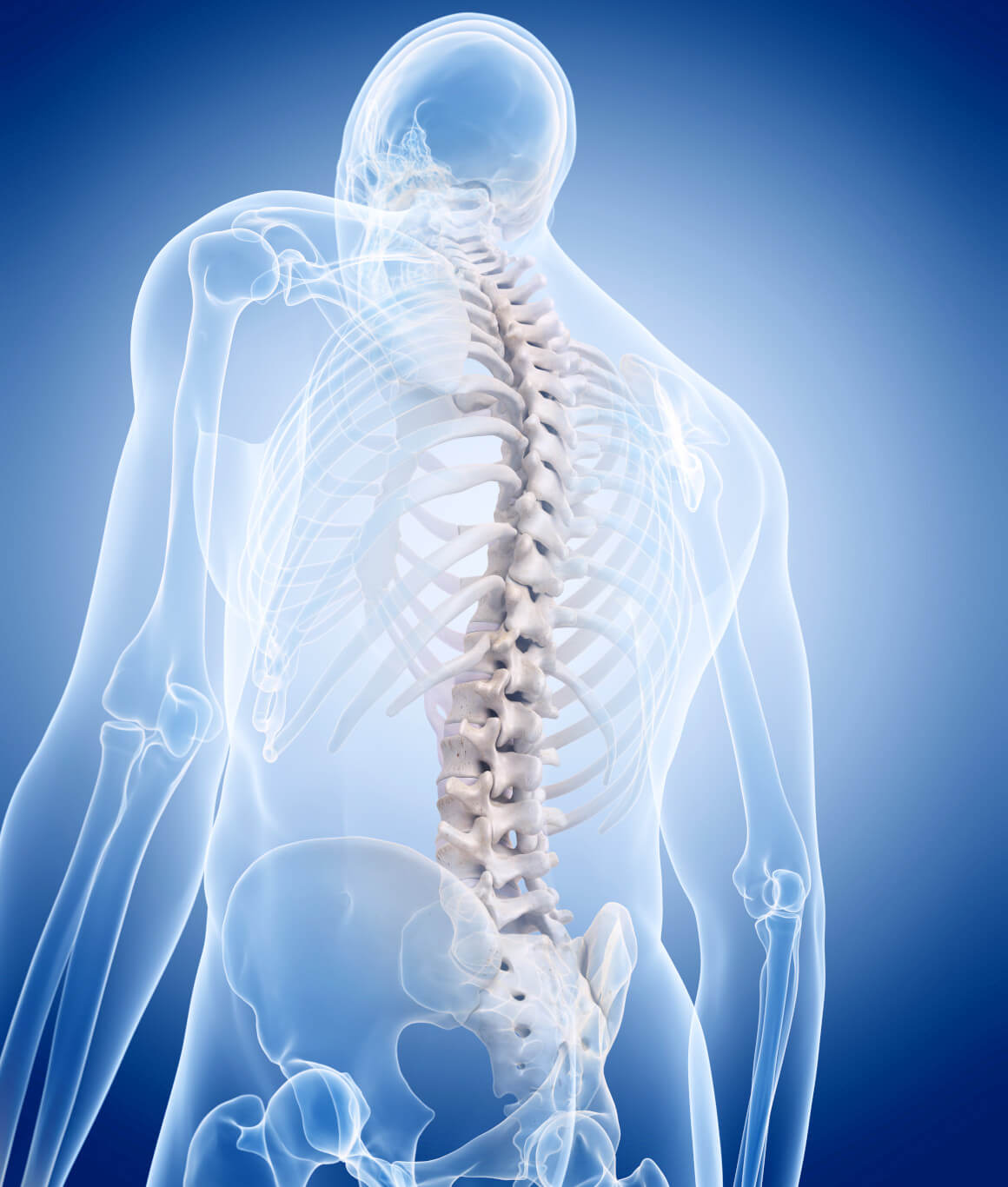Best Spine Surgeons
Cervical Spine Surgeons NYC

Spine doctors are medical doctors. This means they have either an M.D. Both degrees require the same certifications as well as post-medical school education to specialize.
You can use minimally invasive techniques for common procedures such as lumbar fusion or spinal decompression.
Before you agree to back surgery, consider getting a second opinion from a qualified spine specialist. Spine surgeons may hold different opinions about when to operate, what type of surgery to perform and whether ó for some spine conditions ó surgery is warranted at all. Back and leg pain can be a complex issue that may require a team of health professionals to diagnose and treat.

